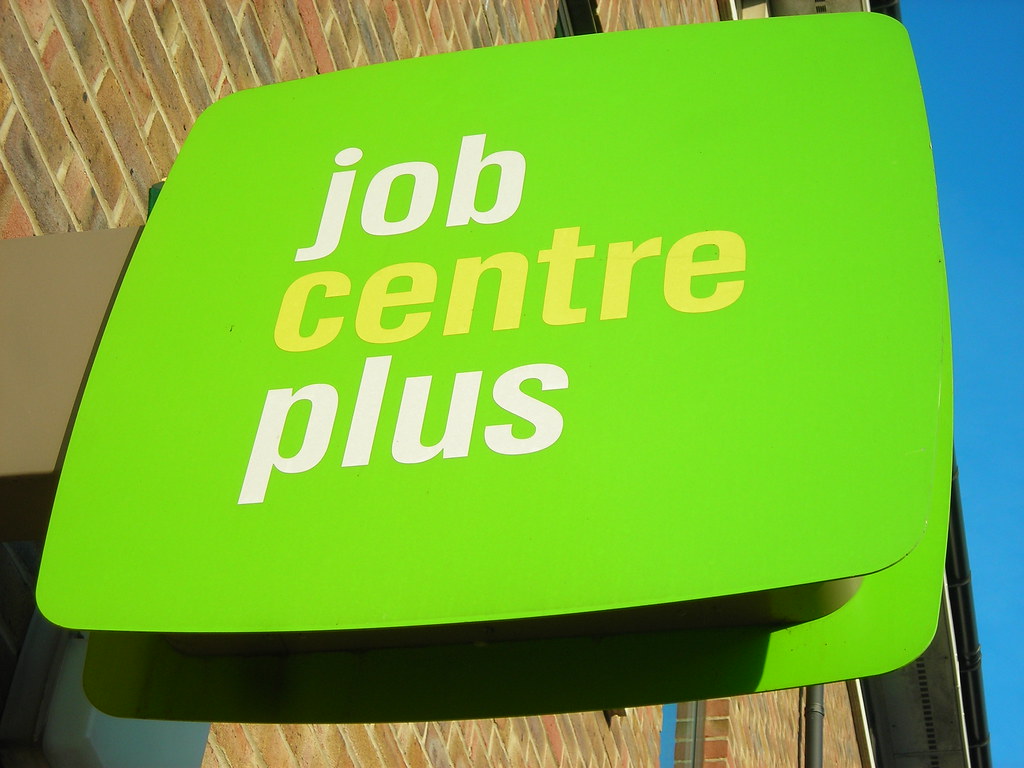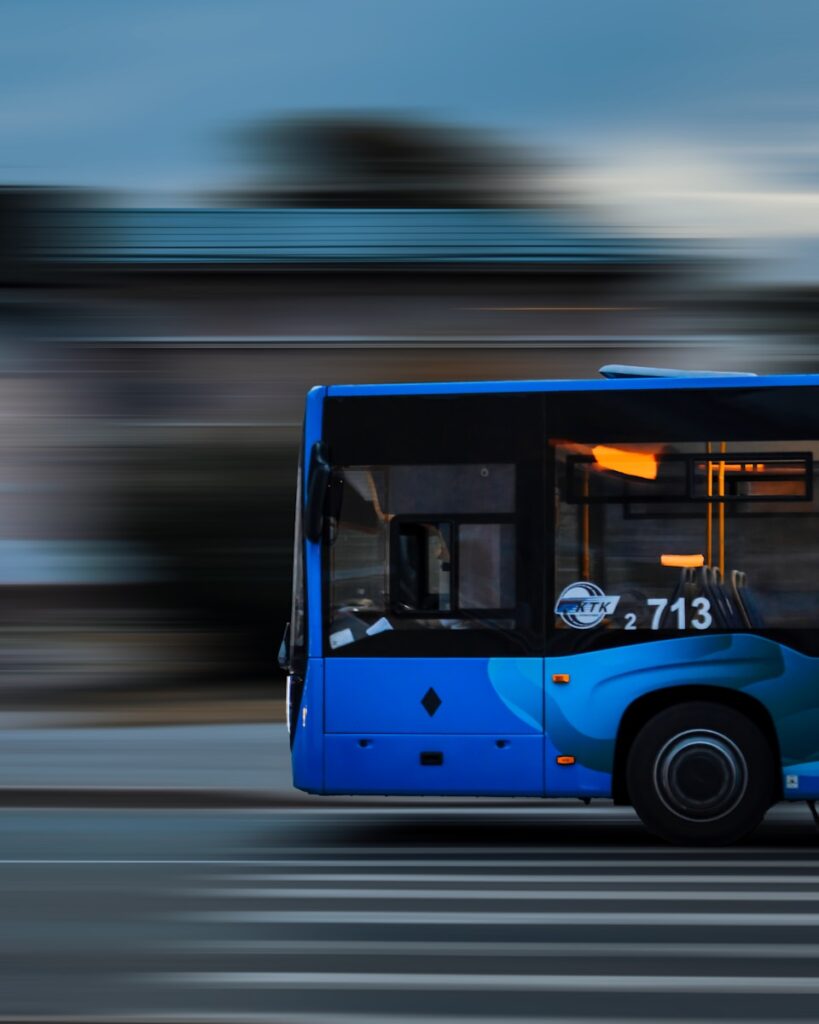NewStart reporter Tamara Krivskaya investigates how putting young people through the criminal system for the possession of small amounts of cannabis can often result in more harm than good, and why we should welcome the proposed pilot scheme in London.
Cannabis is the most widely-used illicit substance in the UK – with at least 30% admitting to having tried it at least once in their life – and it has been legal in medical form for the past four years. While the legal US cannabis market is currently estimated to be worth $61bn, the UK has consistently taken a more cautious approach to the drug.
Which is why, when reports leaked that London was planning to trial a cannabis diversion scheme in three of its boroughs, the reactions from across the political spectrum were mixed.
Sadiq Khan explicitly stated in his manifesto that, if re-elected, one of his goals would be to ‘start a debate about drugs’, so London was already primed for potential change. Then an NGO research organisation – Volteface – won a bid to conduct analysis into the effectiveness of a potential pilot scheme in Lewisham, Bexley and Greenwich for under 25’s caught in possession of small amounts of cannabis. The pilot scheme would involve a diversion approach, whereby, instead of a criminal conviction, young people will be given interventions into their drug use and mental health.
However, the news of the potential pilot scheme was leaked before the paper’s intended publication date, which means the research paper itself is now under embargo and it is unclear on when we can expect it to be published. But there has already been considerable confusion around what this pilot scheme would mean for broader UK drug laws, with many fearing that it would pave the way to legalisation.
In reality, the pilot scheme is not about legalisation, or even decriminalisation – something the Mayor doesn’t have the legislative power to do – but about diversion. It is easy to conflate these terms, but the three mean drastically different things.
Katya Kowalski, Head of Operations at Volteface, explains: ‘The Mayor of Lewisham was interested in diversion and moving away from an approach that criminalises young people, particularly in Lewisham where there is a significant issue with racial disproportionality around low level drug offences.’
She says that the pilot scheme is about ‘giving young people a second chance’ as having a criminal record before the age of 25 is likely to significantly impact their life and their ability to get meaningful employment and a career in the future.
She adds: ‘We shouldn’t be criminalising low level offences, especially when there is no violence involved or intent to supply. We need to get to the root cause of why these young people might be in possession of drugs in the first place.’
‘This diversion scheme isn’t a get out of jail free card, it’s a proactive measure – we want to understand if these young people require support, help, counselling, drug education or drug treatment, rather than putting them through the criminal justice system for the sake of it.’
‘We have to take a health and social care approach to this problem, rather than a criminal one.’
Ms Kowalski mentions that the report’s findings are based on the outcomes of various diversion schemes, which are taking place up and down the country already, including in the West Midlands, Durham, Thames Valley, Avon and Somerset, Cleveland and Cornwall. She says that the results from those schemes so far have been ‘super promising’ and that levels of re-offending have drastically reduced in all cases.
When we approached The London Mayor’s office for comment, they were keen to stress that the pilot has not yet been approached for funding from City Hall, which means there is no guarantee that we will even see the pilot go ahead.
A spokesperson for the Mayor of London also said: ‘Reducing crime is the Mayor’s top priority and he will continue to explore and implement the most effective solutions to help to divert young people away from drug use and crime for good.’
The existence of a black market for cannabis is only possible due to criminalisation and marginalised young people are disproportionately affected – at least 27,000 children in England identified as a member of a county lines gang in 2020.
Dr Laura Garius, the Policy Lead for a harm-reduction charity Release, is keen for this pilot to be the start of a broader positive change: ‘Whilst countries around the world are progressing with cannabis reform, this pilot scheme should be viewed as a small step in the right direction.’
‘This pilot has the potential to reduce contact with the criminal justice system for people in possession of cannabis – which we know is the drug that brings the most people into contact with the system and is a major driver of racial disparity. However, we would like to see this scheme expanded to include all drug types and people of all ages – which is what we see with other diversion schemes operating across England and Wales – and we need to see evidence that the new scheme is being applied equitably by police.’
‘Most importantly, we need our government to acknowledge the globally recognised benefits of decriminalising drug possession in law.’
Dr Garius refers to the most widely-known success story in decriminalisation – Portugal. When Portugal decriminalised all drugs – lives were saved, needless trauma was avoided, and levels of crime plummeted. And as money was diverted away from gangs, government tax revenue also increased and could then be spent on improving access to health and social care for everyone.
Peter Reynolds, president of CLEAR Cannabis Law Reform, concludes: ‘Sadiq Khan’s plan is to be welcomed.’
‘It is properly termed as ‘depenalisation’ and is the first step in a three-stage reform. Next is ‘decriminalisation’ and then ‘legalisation’. When we reach this final stage, government takes responsibility for regulating production and supply. That means we will be able to minimise the most significant harms around cannabis, as at present the market is controlled by gangsters and organised crime.’
Photo by Kindel Media

















Leave a Reply